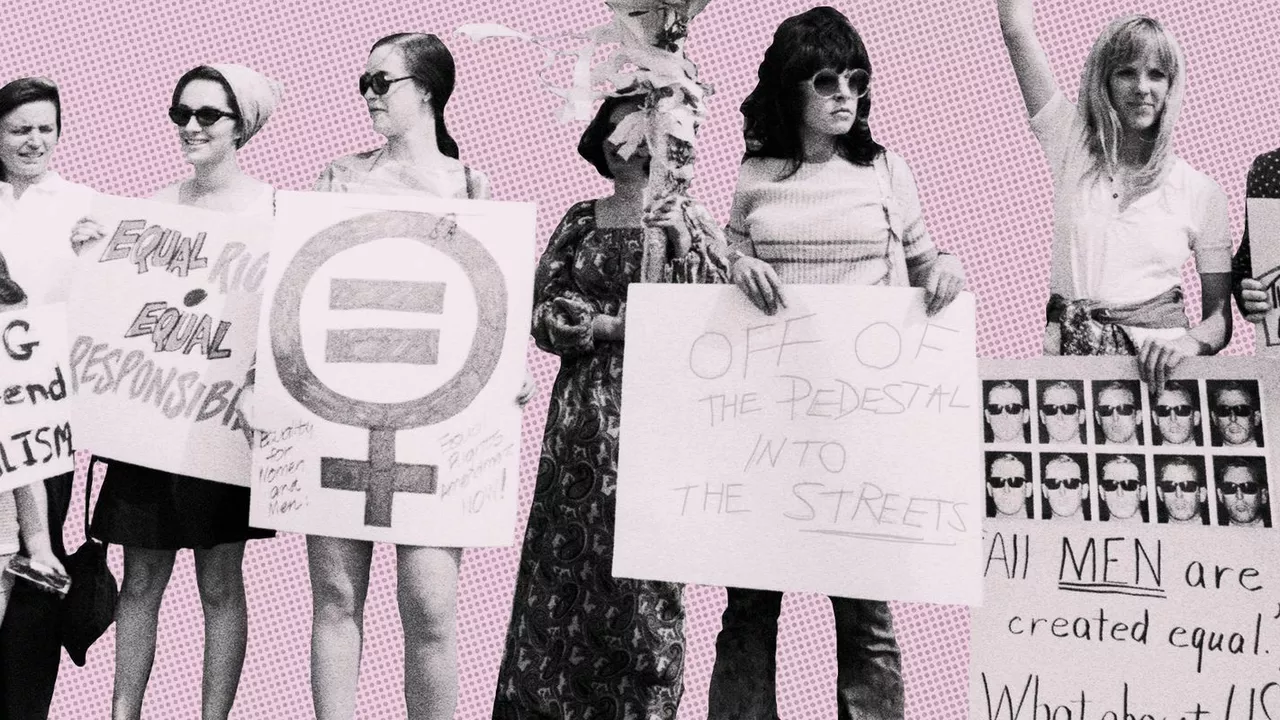Feminism Misconceptions in Opinion & Commentary
Ever wonder why the term "feminist" gets a bad rap? Most people hear "bitter" or "evil" and jump to conclusions. The truth is a lot more nuanced, and this category is all about unpacking those layers.
First off, feminism is about equality, not a secret agenda to dominate. When someone talks about feeling unheard, it’s usually fresh frustration, not a desire to spread hate. Those emotions can look harsh if you’re watching from the outside, but they’re often just a reaction to years of being ignored.
Why the "bitter" label sticks
People love quick labels. "Bitter" is a cheap way to shut down a passionate argument. Imagine you’ve been fighting for a seat at the table your whole life—wouldn’t you get a little fiery when the door stays shut? That fire gets mistaken for bitterness, especially when the speaker uses strong language to get attention.
Another factor is media framing. Headlines love conflict, so they amplify the most extreme statements. A single angry tweet can become the headline story, while countless calm, reasoned posts disappear. The result? A skewed picture that paints the whole movement as hostile.
Turning stereotypes into understanding
To break the cycle, we need to listen without the bias of a label. Ask yourself: what’s the real goal behind the words? Most feminists simply want a level playing field, where everyone gets a fair slice of the pie—not just the “big boys.”
When we replace judgment with curiosity, the conversation changes. Instead of dismissing a viewpoint as "evil," we can ask what experiences shaped it. That shift opens space for dialogue, not division.
So next time you hear a heated debate about feminism, pause before slapping on a negative tag. Look for the underlying wish for equality, recognize the passion, and you’ll see a movement far less sinister than the stereotype suggests. This is exactly the kind of thoughtful commentary we aim to deliver in our Opinion & Commentary section.
